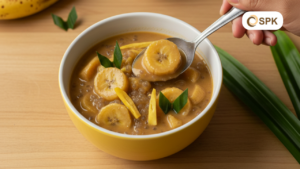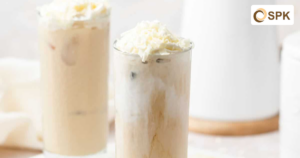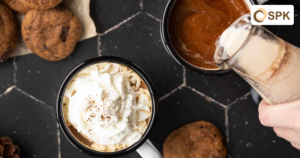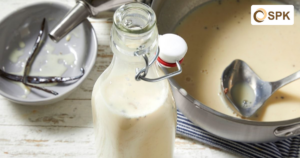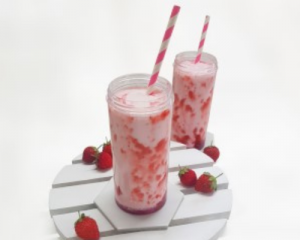Plant-based or vegan creamers are becoming increasingly popular as an alternative to dairy-based creamers. Not only are they environmentally friendly, but they are also often seen as healthier, especially for those with lactose intolerance or those following a vegan diet. But are plant-based creamers always better for your health? Let’s dive into it and find out which creamer is best for your daily needs—whether personal or for your F&B business.
What Is Plant-Based Creamer?
Plant-based creamers are non-dairy creamers made from plant-based ingredients, free from lactose and animal derivatives. Common sources include nuts (like almond or cashew), grains (like oat or hemp), coconut, and even bananas. These products are designed to deliver the same creamy texture and flavor as dairy creamers—without the dairy.
Plant-based creamers differ from non-dairy creamers. While both are free from traditional cream, non-dairy creamers may still contain milk derivatives like sodium caseinate. In contrast, vegan creamers are completely free from any animal components, making them safe for those with dairy allergies or who live a vegan lifestyle.
The Benefits of Plant-Based Creamers
Plant-based creamers come with several advantages that appeal to modern consumers:
-
Lactose- and Cholesterol-Free: Ideal for people with lactose intolerance or those watching their cholesterol levels.
-
Vegan-Friendly: Perfect for those avoiding animal products.
-
Lower in Saturated Fat: Compared to heavy cream, some plant-based creamers like oat or almond varieties contain less saturated fat.
-
Eco-Friendly: Producing plant-based ingredients usually has a lower environmental impact compared to dairy.
But… Not All Are Created Equal
Despite the health claims, not all plant-based creamers are inherently healthy. Many contain added sugars, processed oils, emulsifiers, and additives like carrageenan or dipotassium phosphate to improve texture and shelf life.
Tips for Choosing a Healthy Plant-Based Creamer:
-
Check the nutrition label. Prioritize products with low sugar and fat content, and few additives.
-
Go for unsweetened. Look for creamers without added sugars or artificial sweeteners.
-
Choose natural ingredients. Fewer ingredients usually mean a cleaner, healthier product.
-
Watch your portions. Even healthy creamers contain calories and fat—use moderately.

Popular Types of Vegan Creamers
-
Oat Milk Creamer: Creamy and full-bodied, a great dairy substitute.
-
Almond Milk Creamer: Light, slightly nutty, but often more watery.
-
Coconut Creamer: Rich texture but high in saturated fat.
-
Soy Milk Creamer: Smooth and sweet, but can curdle in hot drinks.
-
Cashew Milk Creamer: Thicker than almond or soy and has a more neutral flavor.
-
Pea Milk Creamer: Higher protein, though only used in small amounts.
-
Hemp & Macadamia Creamers: Newer to the market, often blended with coconut for better texture.
Creamer Calories: How Do They Compare?
Here’s a quick look at the calorie count per tablespoon:
-
Non-dairy creamer: 10–20 calories
-
Plant-based creamer: 10–25 calories
-
Half-and-half: ~40 calories
-
Heavy cream: ~50 calories
Choosing plant-based creamers wisely can help you cut 100+ calories daily—without sacrificing taste.
Still, even with fewer calories, some vegan creamers may contain processed ingredients to improve stability and taste. Be sure to check the label!
Choose a Creamer That’s Healthy and Delicious
Plant-based creamers can be a healthier choice—as long as you pick the right one. Look for products that are not only dairy-free but also low in sugar, free of unnecessary additives, and made from clean, natural ingredients.
Santos Premium Krimer offers a high-quality non-dairy creamer perfect for personal use or professional F&B needs. With a smooth and creamy texture, simple ingredients, and customizable formulations, Santos is a smart solution for those seeking a healthier plant-based creamer alternative.
Switch to a better choice with Santos Premium Krimer—reach out to our team today to get a sample or explore partnership opportunities!


